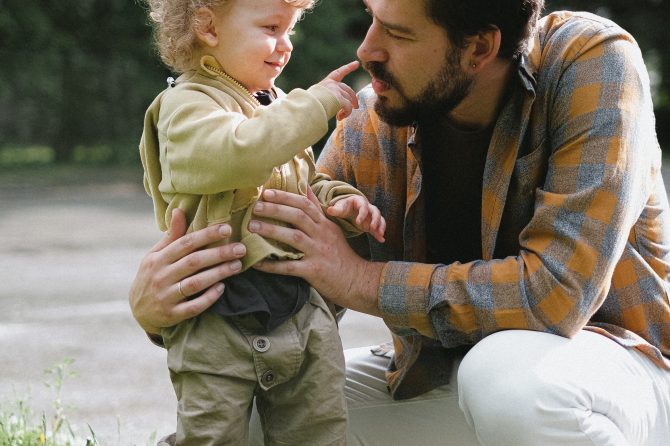
What will my nose job recovery be like?
When considering getting a cosmetic rhinoplasty (aka nose-job), most patients’ focus is on how they will look when they are healed. While it is good to have an eye on the end game, there are several aspects of the recovery from a rhinoplasty you should consider before deciding to undergo the procedure.
Evening After Your Nose Job Surgery
The evening after your nose job, you should arrange for a friend or family member to stay with you. You may be up and around your home and to the bathroom, but you should take it easy as much as possible that first 24 hours. Focus on resting and getting some topical cold compresses or ice packs around your nose to help head off any swelling and bruising. For that first night, I recommend you elevate your head on 2-3 pillows, at a 45-degree angle. You may have a small amount of blood and mucous from your nose for about 48 hours after surgery; this will be cared for by the placement of a gauze called a “drip pad” with which we will supply you. I will also place some medical tape on your nose to keep the swelling down, and a plastic cast on the outside of the nose when the bones require manipulation.
One Week After Nose Job Surgery
Most patients take about a week off of work/school after a nose job. For the first week after surgery, you’ll probably tire more easily, and you should expect to be somewhat congested due to the swelling from surgery. Most patients are given a one-week taper of a steroid medication to help keep this swelling to a minimum. Pain after a nose job it is typically mild to moderate. About one-third of patients will not use any prescription pain killers, opting for Acetaminophen (Tylenol) instead. Another third of patients will use some prescription pain medications for a few days postop, and the remaining third may find they benefit from using the prescription pain medications for the full week. Almost all patients are able to stop using the prescription pain medications one week after a cosmetic rhinoplasty surgery. I give most of my patients an anti-nausea medication to help combat this potential unpleasant side effect of prescription pain medication. Saline sprays used frequently (2-3 sprays in each nostril for first two weeks) after surgery helps with congestion and keep tissues moistened, which helps your nose heal more quickly.
One week after surgery, you will be seen in our office to have your cast and tape removed, and to have any visible sutures trimmed. I will replace the tape on your nose to be left in place for another week, which speeds the resolution of swelling and keeps the nasal anatomy in the desired position while you’re healing. You should keep activity light for the first two weeks. After two weeks, you may resume full exercise with a few exceptions (inversions in yoga, for instance, require 3 weeks). You should avoid wearing glasses for three weeks after surgery. No contact sports for at least six weeks. You can absolutely wear a mask during the post-operative period, which may even be a good reminder to be extra gentle with your nose.
Nose Job Recovery
Most patients don’t know that while the majority (about 90%) of swelling after a rhinoplasty is gone in 6 week, the full healing process for a nose job takes a year. In some cases, your nose may appear slightly over-lifted during the initial healing process, but this will slowly settle into its final position. In sum, the recovery for a nose job is very manageable for most people without any significant disruption to their daily life. However, as with any surgery, it is best to know what to expect at each stage of the journey in order to keep your peace of mind.
Before-And-After Rhinoplasty Photos
Leave a reply
